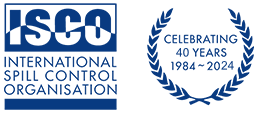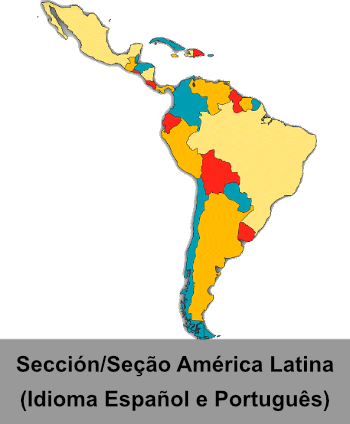Hill P.G., Rodway-Dyer S.J. (2024) Environmental Management,. DOI: 10.1007/s00267-023-01929-3
ABSTRACT: Millions of tonnes of oil lie entombed within wrecks from two world wars which, when released, can cause environmental devastation. Wrecks are predominantly risk assessed by the Global North Nations responsible, resulting in an epistemology that separates human from nature. This research aimed to decolonise risk assessments to capture the spatially heterogeneous nature of human vulnerability to oil pollution. Triangulation analysis of interviews and official reports relating to the USS Mississinewa oil spill identified three Global South issues a Eurocentric risk assessment failed to capture: region-specific meteorological conditions causing the leak, remoteness making external resources slow to arrive, and the impact of the fishery closure on traditional subsistence lifestyles. A vulnerability assessment is proposed to prioritise wrecks in susceptible locations. Recommendations are made for a collaborative approach to wreck management by including local voices, resisting the Global North assumption of generality, and recognising the priorities of those living with wrecks.





